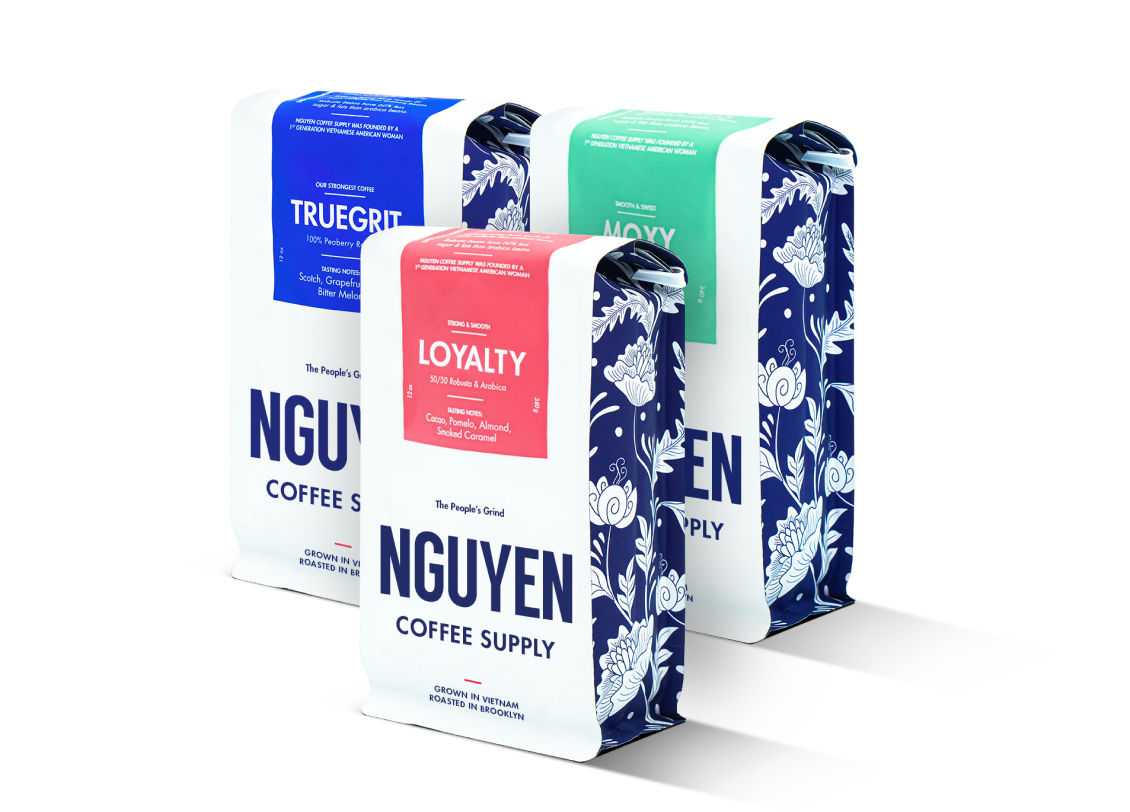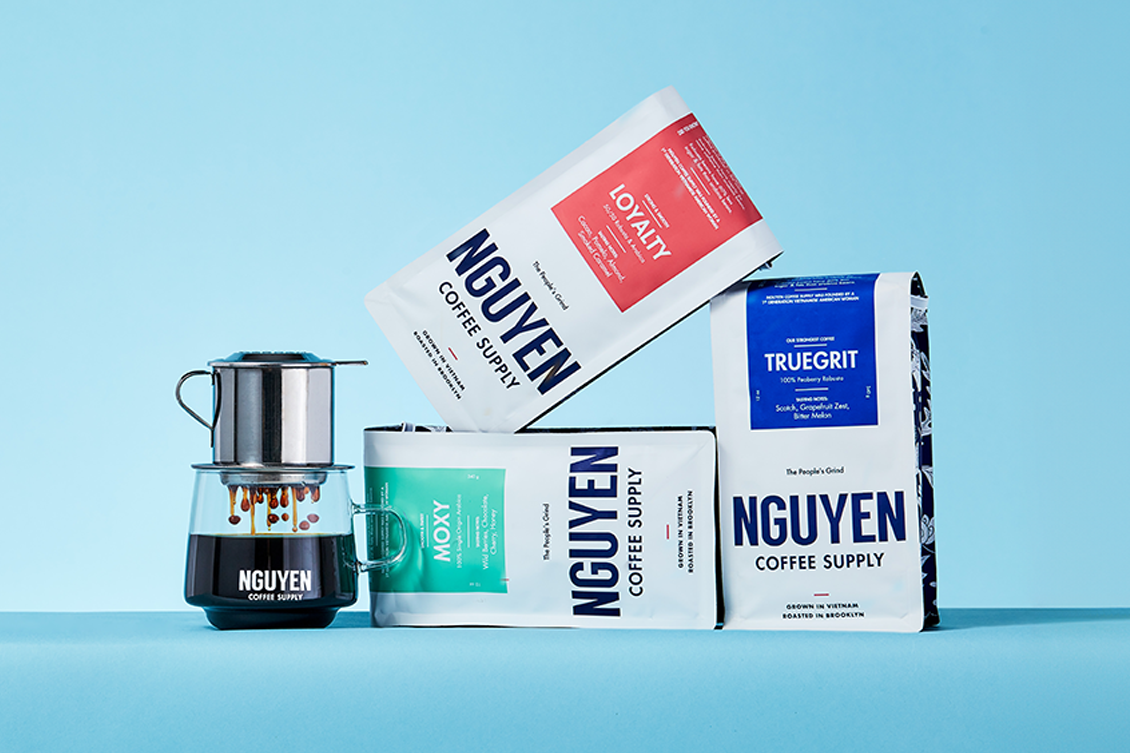

- FAN FAVORITE

Create for yourself or as a gift for your loved ones
Subscribe nowMe and mom just enjoyed the Nguyen phin drip experience. Wow. Proud of your work. We without hesitation enjoy the Vietnamese coffee and recommend your products. Thank-you to the Nguyen staff and tradition. From Canada eh!
Coffee is a beverage prepared by brewing roasted coffee beans, which are the seeds of berries from coffee plants. The coffee beans are grown, harvested, processed, roasted, grinded, and then brewed to create a universally loved and caffeinated beverage.
Matcha is a type of Japanese green tea that is grown, dried, and then crushed into powder for consumption. Matcha differs from other teas in that the entire leaf is consumed as a powder instead of brewing loose leaves in hot water.
Besides being a different species, coffee is also a beverage prepared through the extraction of compounds from the combination of hot water and coffee grounds. The coffee beans themselves are not consumed.
Matcha, on the other hand, is a tea leaf that is consumed in its entirety after being harvested, dried, and ground into a fine powder.
Both beverages offer similar benefits such as being low-caloric beverages and sources of caffeine, with coffee offering more caffeine on average than a serving of matcha. Coffee and matcha also differ in the way caffeine is digested and absorbed in the body.
Caffeine in coffee is fast-acting and known for its ability to activate the central nervous system within a couple minutes; caffeine from matcha has a slower release and metabolizes over a longer period of time. People generally drink coffee to stay awake and alert very quickly.
In terms of taste, coffee is known for its nutty, chocolatey flavors while matcha is floral and grassy. Different varieties of each beverage also have different flavor notes and profiles depending on how and where they are grown and cultivated. For instance, our 100% peaberry robusta coffee contains flavor notes of scotch and bitter melon!
Coffee and matcha activate the metabolism and may help promote fat burning through the compounds found in caffeine. Many people drink both beverages as digestives and to promote appetite regulation. Coffee is also rich in chlorogenic acid, which is a compound that promotes anti-inflammation and metabolism.
Additionally, both coffee and matcha contain a variety of antioxidants which are compounds that fight the effects of oxidative stress in the body. Oxidative stress contributes to a variety of diseases including cancer.
Studies also suggest that both coffee and matcha contribute toward heart health and the functioning of other vital organs such as the liver!
There’s no definitive answer to which is better, as oftentimes, this decision comes down to a variety of subjective factors such as taste, texture, price, preparation methods and personal preference.
Coffee is a universally available and consumed beverage found all over the world whereas matcha has only been gaining popularity in the U.S. as of late. Coffee’s effects take place rapidly within 15 minutes whereas matcha has a slower release of its caffeine and effects.
In summary, there’s no right or wrong here and neither is objectively better than the other. Both coffee and matcha have their respective benefits and drawbacks, but both are still widely beloved and consumed beverages that share rich histories.
For those who can’t decide or who love both, we have the perfect marriage of the two: matcha Vietnamese coffee!
––
Check out our brew guide with other ways to enjoy our coffee.